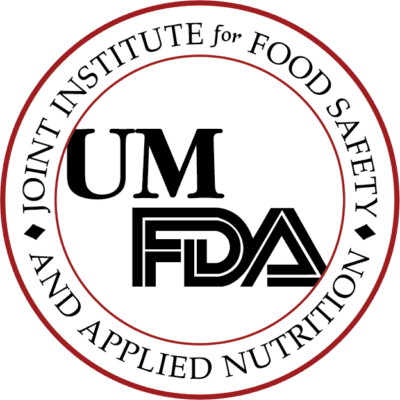
Food Safety
JIFSAN Uses the BAX® System to Educate Industry and Government Personnel
The Joint Institute for Food Safety and Applied Nutrition (JIFSAN) is a public-academic partnership between the U.S. Food and Drug Administration (FDA) and the University of Maryland that strives both to expand food safety training and educational opportunities and to advance research that contributes to the development of science-based public health policies. Established in 1996, the Institute promotes food safety, human nutrition, and animal health and production worldwide through integrated research, education, and outreach programs.
To support these goals, JIFSAN has established the International Food Safety Training Laboratory (IFSTL), a unique facility dedicated to hands-on laboratory methods training for food safety. This laboratory educates government representatives and food safety experts from around the world through a combination of lectures from FDA and U.S. Department of Agriculture Food Safety and Inspection Service (USDA-FSIS) subject-matter experts and hands-on laboratory training performed in accordance to the FDA and USDA-FSIS methods.
The IFSTL regularly uses the BAX® System to demonstrate the ease of use, reduced cost and other benefits that automated molecular testing provides. They have thus far trained local and international representatives on how to use the BAX® System method to detect Salmonella, Campylobacter, E. coli O157:H7, non-O157 STEC, Listeria species and L. monocytogenes in meats, produce, dairy products and a wide variety of other sample types. In the future, they hope to incorporate additional BAX® System assays into upcoming course offerings.
“Overall, we have found the BAX® System method to be a fast, easy, accurate method to introduce to our training participants,” said Dr. Angela Winslow, IFSTL Microbiologist. “Furthermore, because the USDA-FSIS has adopted the BAX® System method for detecting pathogens such as Salmonella, E. coli O157:H7 and STEC, including this method is particularly useful for our training courses.”
The IFSTL has found that the BAX® System provides additional value when working with personnel from developing countries, who are interested in a fully-automated method that provides reliability, accuracy and robustness with limited training to help accommodate environments of high staff turnover.
